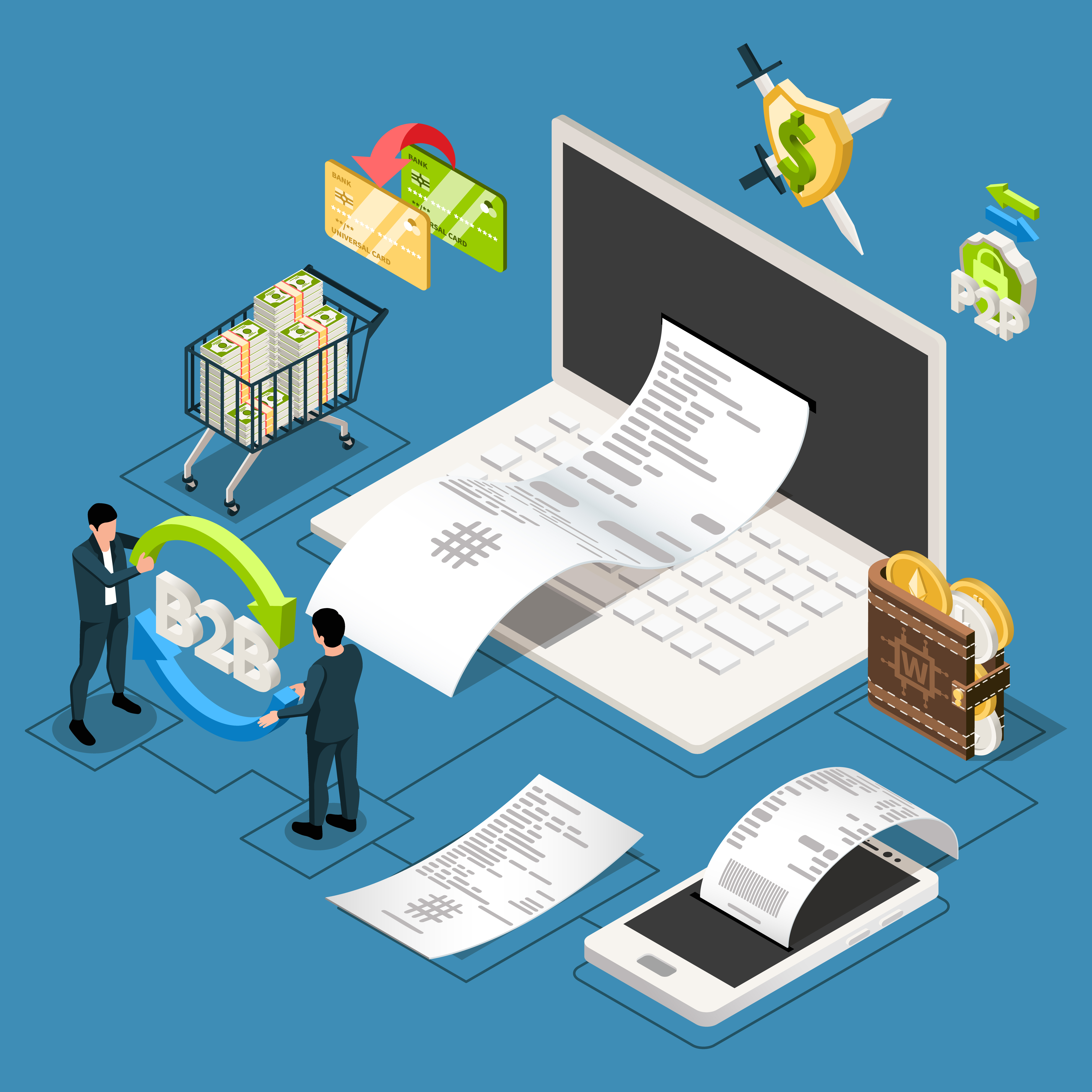Navigating Payroll in the Remote Era: Challenges and Solutions
In the ever-evolving landscape of remote work, businesses are redefining their operational norms, and payroll processes are no exception. The shift to remote work has introduced both challenges and opportunities for payroll management. In this blog post, we'll delve into the unique challenges that organizations face in managing payroll in the remote era and explore effective solutions to ensure smooth and efficient processes.
1. Ensuring Compliance in a Virtual Environment
One of the primary challenges in remote payroll management is ensuring compliance with diverse regional labor laws. With employees scattered across different locations, HR and payroll teams must navigate a complex web of regulations. Implementing cloud-based payroll solutions with built-in compliance features can streamline this process, automating tax calculations and ensuring adherence to local labor laws.
2. Securing Sensitive Payroll Data
The remote era amplifies concerns about data security. Payroll data is highly sensitive, and managing it securely is crucial. Employing encryption tools, multi-factor authentication, and secure cloud storage are essential measures to safeguard payroll information. Regular training sessions for employees on cybersecurity best practices can further fortify the remote work environment.
3. Effective Communication and Employee Engagement
In a dispersed work environment, maintaining transparent communication about payroll matters is challenging but vital. HR departments should establish clear communication channels, leveraging video conferencing and collaboration tools. Regularly updating employees on payroll schedules, changes, and benefits not only fosters trust but also enhances overall employee engagement.
4. Adopting Automated Payroll Systems
Manual payroll processing is prone to errors and inefficiencies, especially when managing remote teams. Transitioning to automated payroll systems significantly reduces the risk of mistakes, ensures timely payments, and enhances overall accuracy. Cloud-based payroll platforms offer real-time access to data, facilitating seamless collaboration between HR, finance, and employees.
5. Flexible Compensation Models
Remote work has paved the way for more flexible work arrangements. To adapt to this shift, businesses are exploring flexible compensation models, such as outcome-based pay or location-specific allowances. Tailoring compensation structures to accommodate remote work not only motivates employees but also aligns with the evolving nature of work in the digital age.
6. Integration with HR and Accounting Systems
Efficient payroll management requires seamless integration with HR and accounting systems. This integration ensures a holistic approach to workforce management, eliminating data silos and enhancing overall efficiency. Cloud-based platforms that offer end-to-end solutions streamline the flow of information between departments, reducing administrative overhead.
Conclusion
As the remote era becomes the new norm, businesses must proactively address the unique challenges posed by remote payroll management. By embracing technology, focusing on compliance, and fostering transparent communication, organizations can navigate these challenges and optimize their payroll processes for the digital age. The key lies in adopting innovative solutions, including Payroll Processing Services, that not only meet the immediate needs of remote work but also set the stage for a flexible and efficient payroll management system in the long run. This strategic integration of Payroll Processing Services ensures not only accuracy and compliance but also a streamlined approach to managing payroll in a remote work environment.




Comments
Post a Comment